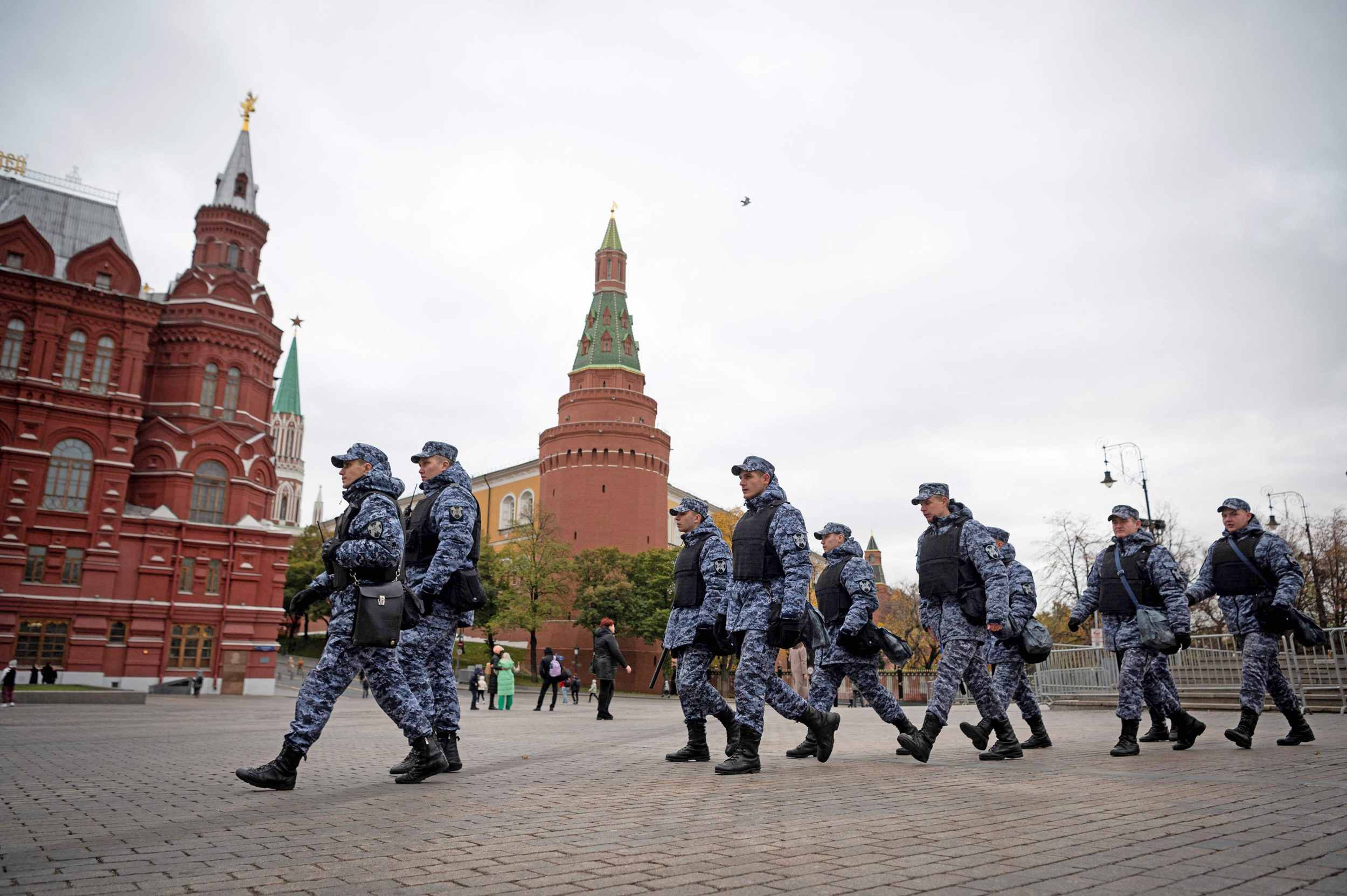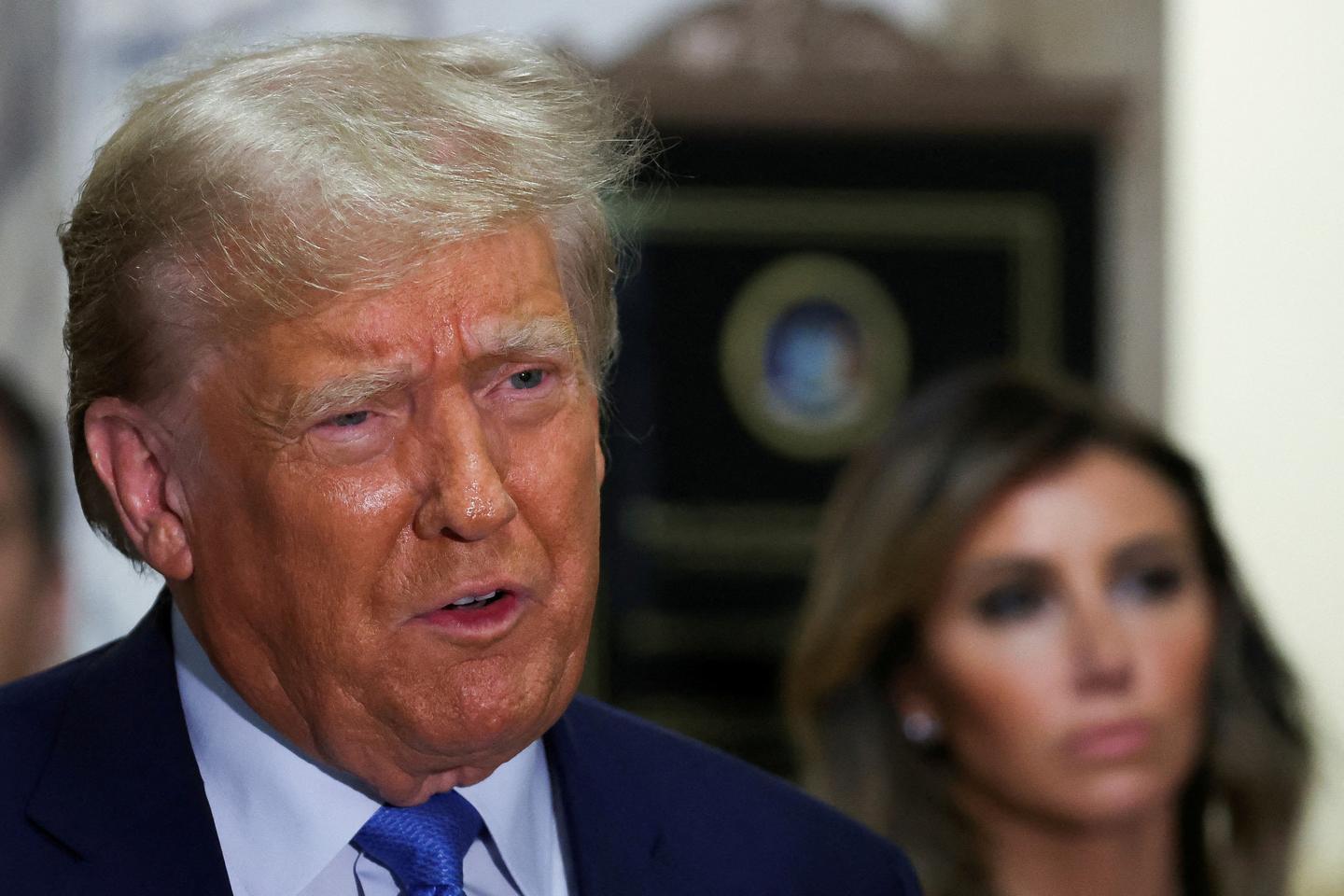While they may not dare to believe just yet, Russian President Vladimir Putin and Israeli Prime Minister Benjamin Netanyahu are pinning their hopes on a surprise. On November 5, 2024, at the end of the US presidential election, they hope to celebrate the victory of Donald Trump. The two leaders know all too well who they would vote for, if they could.
The perspective of a second Trump administration is also the yardstick with which to measure international news and developments. The singularity of today’s crises – and part of their drama – lies in the possibility of a radically different American foreign policy for the future. The return of the apprentice Republican coup leader to the White House would have a major impact on the two wars currently underway. The fighting between Russia and Ukraine would be affected, as would Israel’s campaign against the Palestinian Islamic movement Hamas.
The Russian president has a friend in Trump, a thwarted autocrat. Openly jealous, the Florida golfer has already expressed his admiration for Putin’s kind of leadership. Separately, at the head of a right-wing majority, the Israeli prime minister is betting on Trump, who from 2016 to 2020 was the most anti-Palestinian president ever to occupy the White House.
Carte blanche to annex the West Bank
The Gaza war will last a year or more, according to Israeli sources cited by the Financial Times on December 1, 2023. Joe Biden is hoping to contain Netanyahu’s ambitions. According to Michel Duclos’ latest analysis for the Institut Montaigne, the US president intends to force limits on the Israeli army. The US has stated that subjecting southern Gaza to bombardments like those that ravaged the north and Gaza City, driving those in Gaza into Egypt, or Israel reoccupying the strip for any length of time are all out of the question.
After an interim phase, the Biden administration has put forward the scenario of a restored Palestinian Authority (under Fatah) in charge of administering the West Bank and Gaza. Fatah would only agree to this on the condition of the resumption of negotiations leading – one day – to the creation of a Palestinian state alongside Israel. On each of these points of the official US position, Biden has found himself at loggerheads with Netanyahu.
The US president is putting his credibility at stake in the Arab world, where he is strongly criticized for his unconditional support for Israel’s bombardment of Gaza. But it is also a matter of domestic politics with the US election so close. Weak in the polls largely due to his age, the Democratic candidate needs to project the image of a strong president abroad. Whether he will be a president capable of coercing Israel or bringing the hostages home remains to be seen.
You have 48.92% of this article left to read. The rest is for subscribers only.

